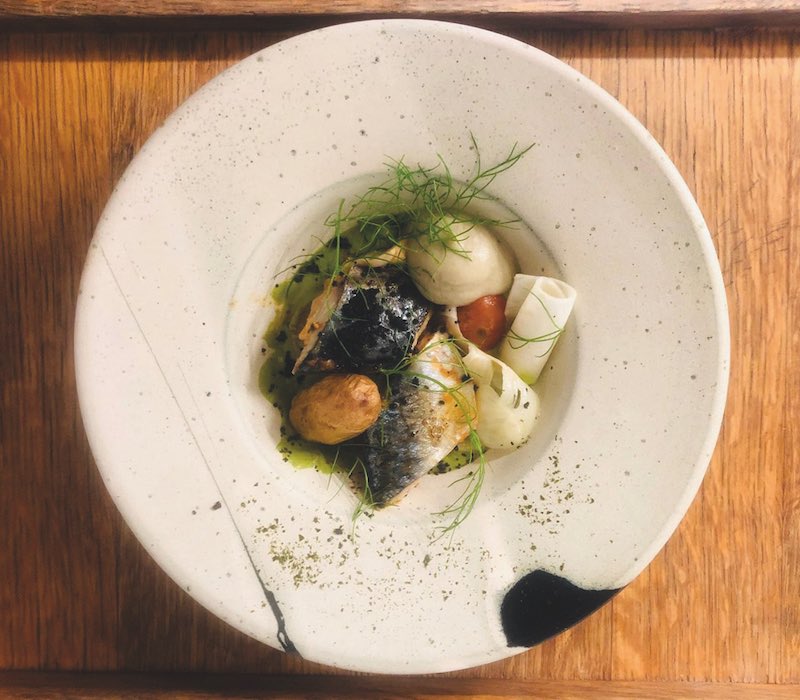
Sustainable gastronomy
As our awareness of the needs of our planet grows, chefs and restaurateurs across France are turning to ever more environmentally-friendly practices
Responding to the rapidly dawning awareness of the impact restaurants have on the environment, a growing number of chefs and restaurateurs in France are making sustainability the compass of everything they do.
The environmentally-friendly to-do list is long and varied: recycling, avoiding food waste, using seasonal, locally-grown organic produce and electricity from renewable energy sources, eschewing single-use plastics, reducing water consumption and reusing “brown” water (water left over from washing dishes, for example), or writing menus that favour vegetables, pulses and grains over fish and meat.
Though some of these actions are of modern vintage, sustainability is deeply embedded historically in French gastronomy, especially in terms of dishes that avoid food waste. Hundreds of delicious classic French recipes are based on leftovers – such as hachis parmentier (shepherd’s pie) – while others were developed to reduce energy consumption, including baeckeoffe, an Alsatian casserole of potatoes, pork, beef and lamb cooked in white wine that was traditionally prepared on days when bread was baked in communal ovens. Baeckeoffe actually means “the baker’s oven”, a reference to how housewives would bring their casseroles for slow-cooking in ovens that had been heated to make bread.
“The mission of L’Épi Dupin is to offer a cuisine of the highest quality that respects the environment and the planet,” says made from stone-ground organic grain in a wood-burning oven and have three separate compost heaps to fertilise the fields where they grow their own vegetables. They serve three different tasting menus at their restaurant, Le Coquillage (including a vegetarian option), which feature such dishes as yellow pollack cooked in seaweed and buckwheat, artichokes, and girolles with Celtic gomasio – a spice mix the Roellingers produce themselves.
FOLLOWING THE SEASONS
“Our menus increasingly favour vegetables over meat and fish,” says Bertrand Grébaut, chef of acclaimed Michelin one-star contemporary restaurant Septime in Paris’s 11th arrondissement. Grébaut, who won the Sustainable Restaurant Award from the World’s 50 Best Restaurants organisation in London, is firmly committed to reducing animal protein to less than 20 per cent of any meal and also pays an organic recycler to collect biowaste from his three restaurants – Septime; Clamato, a seafood bar; and Septime Cave, a wine bar. “It’s expensive but absolutely essential,” says the chef, who is also trying to become self-sufficient in terms of vegetables and herbs through a working farm in Le Perche, Normandy. A meal at Septime often starts with bread baked from organic heirloom grain flour produced by Roland Feuillas in the Aude, and continues with lyrically scrumptious dishes like sliced raw scallops and sea urchin tongues drizzled with linseed oil in a pool of fermented red cabbage juice, or roasted Jerusalem artichoke with fresh hazelnut sauce and black caviar.
In Bordeaux, chef Félix Clerc and his team take a similarly holistic approach to running their popular bistro and bar, Symbiose. “To keep it totally seasonal, we change our menu every day. We also don’t serve à la carte to avoid food waste, and we serve filtered local water instead of bottled water to reduce our carbon footprint,” explains Clerc. “Every detail has to be thought through if you’re truly committed to sustainability.” Symbiose also sources almost exclusively from local farms, and Clerc’s cooking style reflects his commitment to healthy eating and environmentalism, with inventive dishes like Mezcal-marinated mackerel with horseradish foam, broccoli and sesame puree, buckwheat crumble and black radish brunoise.

“My garden is the main source of my inspiration in the kitchen,” says chef Armand Arnal, whose Michelin-starred restaurant, La Chassagnette, in the Camargue, is surrounded by five acres of organically cultivated vegetables, herbs and fruit trees. “We follow the seasons, harvesting over 200 different types of fruit and vegetables a year, and most of our other produce comes from local farms, including rice, duck and bull meat,” he adds. Expect fresh, bright, creative plats such as wild herb velouté with beans and cucumbers, tomatoes with poached sea bream in tomato and basil bouillon and rhubarb with hibiscus and a white chocolate ganache.
The importance of sustainability in running a restaurant and drawing up a menu is increasingly being recognised at the highest levels of French gastronomy, too. Chef Alain Ducasse celebrated the fifth anniversary of his naturalité (naturalness) cuisine initiative at his restaurant, Alain Ducasse au Plaza Athénée in Paris, in January. “Naturalité cuisine is respectful of our planet’s resources. Facing nature and cooking must be modest and adapt itself,” says Ducasse, who banished red meat from his menu in favour of vegetables, cereals and pulses from organic sources and durable seafood.
Dishes that express his vision of a new French haute cuisine for the 21st century include pea and carrots from the Potager de la Reine (Queen’s vegetable garden) in Versailles with grilled mackerel and elderberry, octopus with barbecued courgettes and green fig, and an intriguing dessert of lemons from Nice with kombu seaweed and tarragon.
A STAR TURN
Even the habitually conservative Michelin Guide appears to understand the dawning importance of sustainability in the 21st century. In 2014, the guide awarded its first star to a 100 per cent organic restaurant – Elsa, at the Monte Carlo Beach Hotel in Roquebrune-Cap-Martin, where Italian-born chef Paolo Sari works exclusively with organic produce. “Many people still associate healthy eating with gastronomic deprivation,” Sari told the New York Times when he won his star in 2014. “I want to show people the best-tasting foods are also the ones that are good for you.” Examples of his irresistible cooking include a pissaladière with green peas, fava beans, onions, beetroot chips and goat’s cheese and grilled amberjack with a sauce marinière and baby vegetables.
The delectably heartening message from restaurants across France is that sustainability is not only good for the environment but a pleasure at the table too.
This comes courtesy of Taste of France Issue Two. For more great recipes, food news and interviews with top chefs, buy your copy here!
Share to: Facebook Twitter LinkedIn Email
More in Environement, Food, France, Gastronomy, Plant-based, Sustainable, Traditional

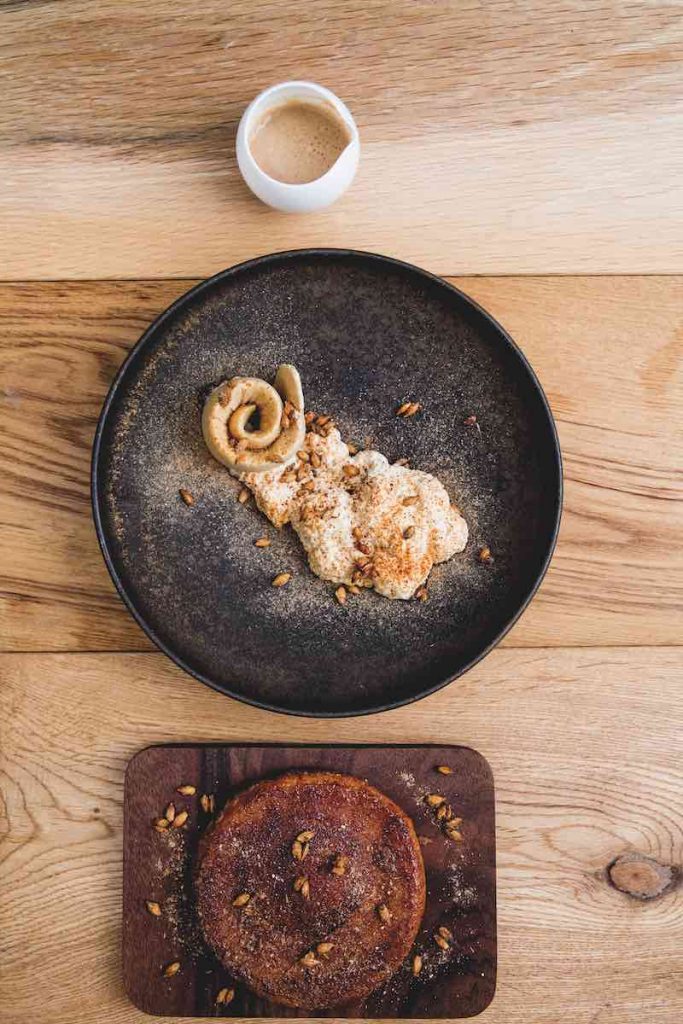

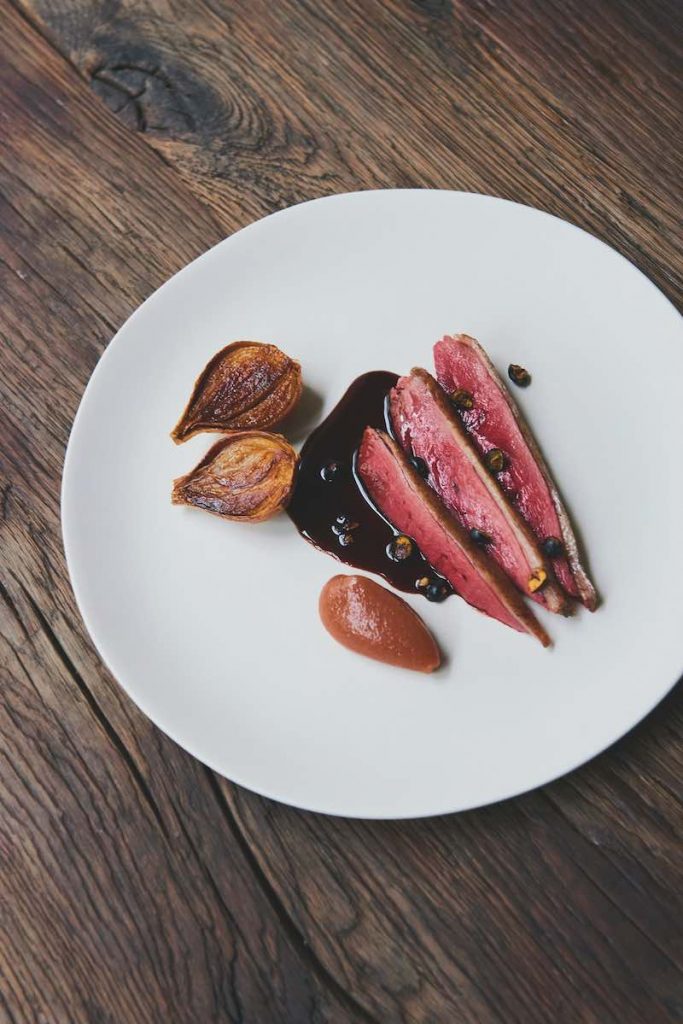
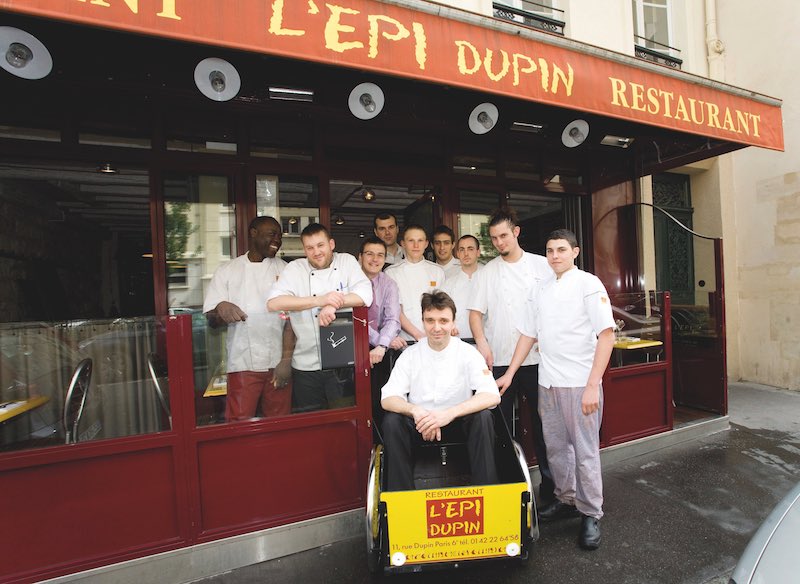
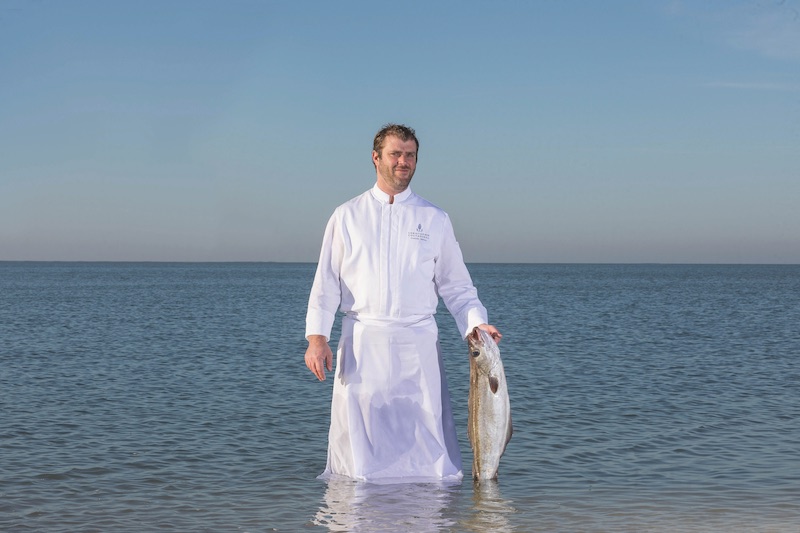
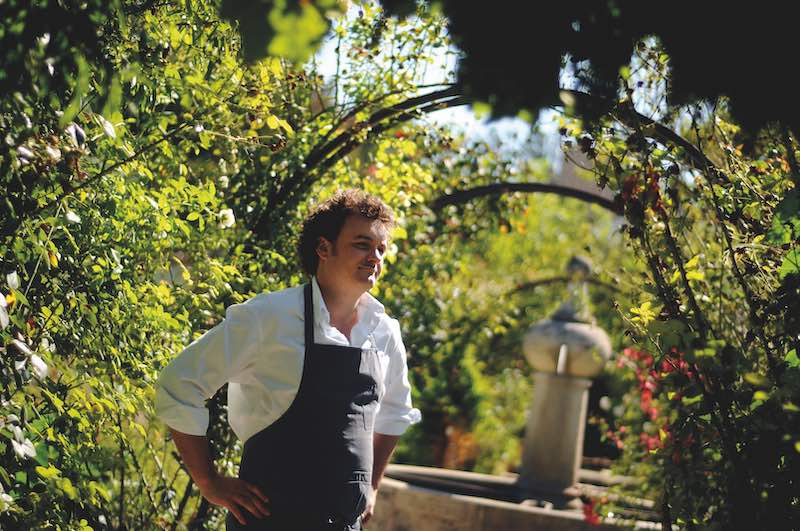



REPLY
REPLY